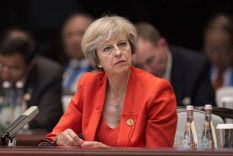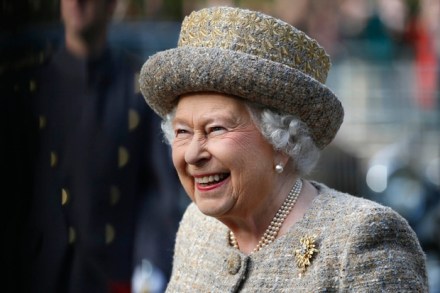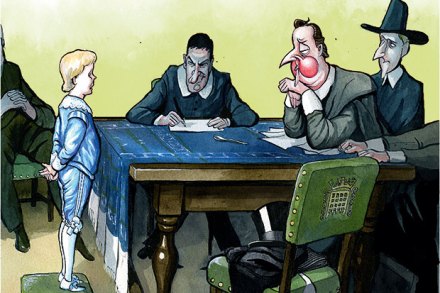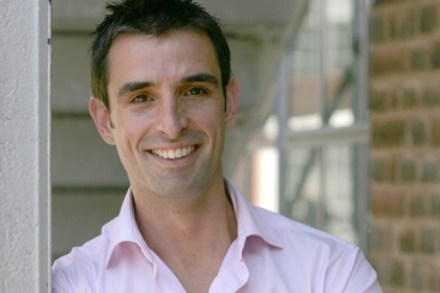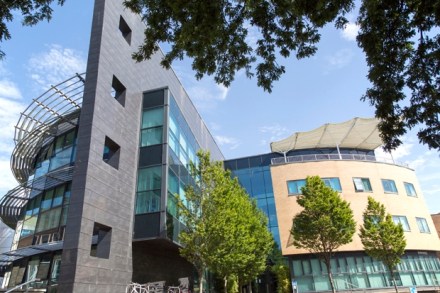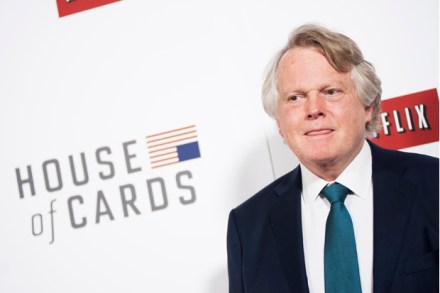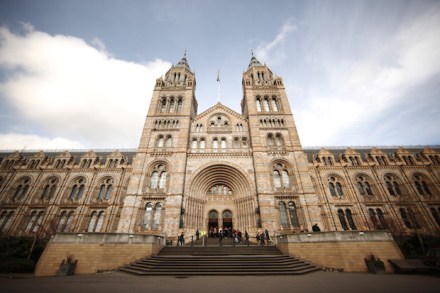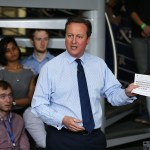From now on, we must all be equally stupid
A lecturer at a reasonably well-respected northern plate-glass university was somewhat perplexed by a student who complained about her poor marks for an essay. She had a statement of Special Educational Needs. She insisted that this had not been taken into account in the marking of her paper. My acquaintance was hauled before the university authorities to explain why he had marked her so low. ‘Because it was awful work, the work of a cretin,’ he replied. Ah, perhaps, they told him. But you haven’t taken into account the fact that she has Special Educational Needs. That’s why the paper was awful. So you need to allow for that fact




